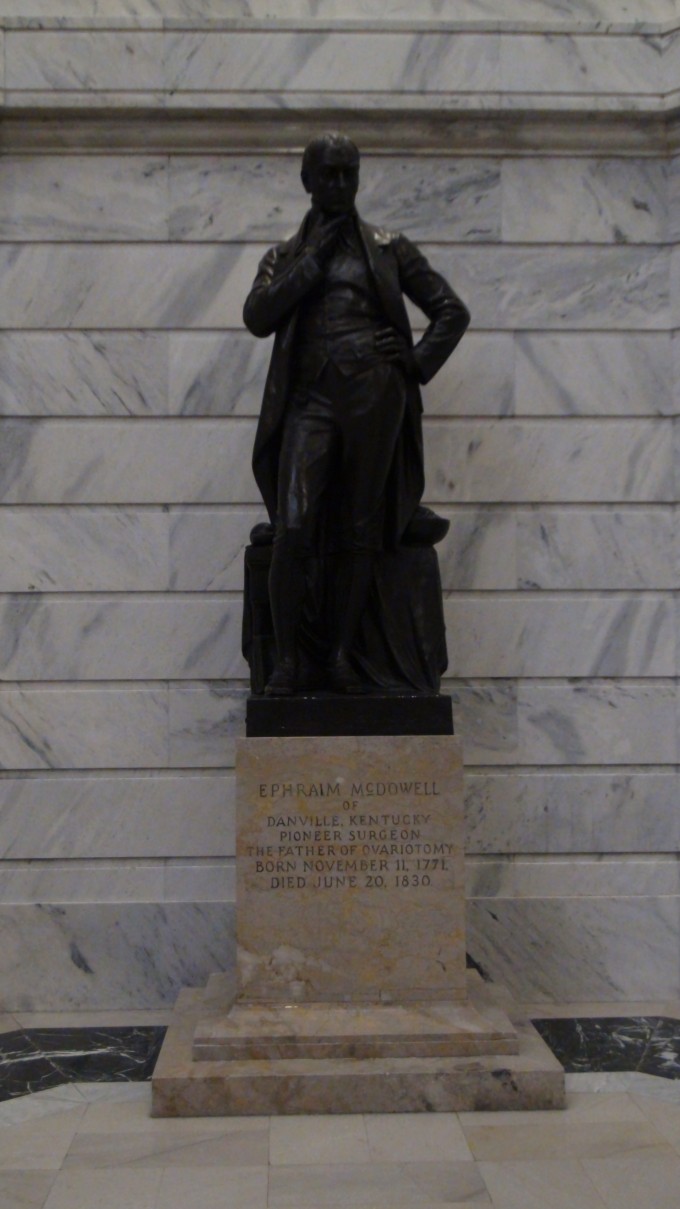
Sunday, 14 February 2016
…nor did I go up to Jerusalem to those who were apostles before me; but I went to Arabia, and returned again to Damascus. Galatians 1:17
Paul continues to reveal his qualifications as an apostle who is to be trusted in the message he brought to Galatia. In the previous verse, he said that he did not “confer with flesh and blood.” This was to show that what he received was superior to anything taught by fallen, fallible man. Instead, he received his instructions from a divine Source.
He continues with this thought now saying, “…nor did I go up to Jerusalem to those who were apostles before me.” As they were flesh and blood men, it would seem superfluous to say this. But it is not. Their training had come from the Lord. They were personally selected and commissioned by Him. Therefore, had he gone to them in Jerusalem, it would not be contradictory to his previous words.
And yet, it would also mean that he felt it necessary to have his commission testified to by them; he did not. Instead, his words “who were apostles before me” clearly imply that he was to be considered an apostle, having been selected by the same divine Source as they had, and having received his full apostolic commission from Him. He did not require men to confirm what the Lord had established. Instead of going to them, he “went to Arabia.”
This clause, consisting of just a few words, is one of the most highly debated set of words to be found in Paul’s life and travels. At this point, the conversion and early ministry of Paul needs to be cited from Acts 9 –
And Ananias went his way and entered the house; and laying his hands on him he said, “Brother Saul, the Lord Jesus, who appeared to you on the road as you came, has sent me that you may receive your sight and be filled with the Holy Spirit.” 18 Immediately there fell from his eyes something like scales, and he received his sight at once; and he arose and was baptized.
19 So when he had received food, he was strengthened. Then Saul spent some days with the disciples at Damascus.
20 Immediately he preached the Christ in the synagogues, that He is the Son of God.
21 Then all who heard were amazed, and said, “Is this not he who destroyed those who called on this name in Jerusalem, and has come here for that purpose, so that he might bring them bound to the chief priests?”
22 But Saul increased all the more in strength, and confounded the Jews who dwelt in Damascus, proving that this Jesus is the Christ.
There seems to be no room in Luke’s record for Paul’s words here in Galatians. However, Luke was concerned with Paul’s ministry in a particular way. Recording this trip to Arabia was not a necessary part of his account. The trip to Arabia would fit logically in the middle of verse 19 of Acts 9. As Paul did not “confer with flesh and blood,” it is probable that he immediately felt his calling to go to Arabia and then return after that.
And so this brings in the next fundamental question, “Where in Arabia?” Arabia of Paul’s day was considerably different than that of Saudi Arabia today. As it is only referred to one other time in the New Testament, Galatians 4:25, all we have is that one verse to give us a clue as to where Paul went.
In that verse, Paul says that Mount Sinai is in Arabia. For this reason, we can logically (although not dogmatically) suppose that Paul went to the very spot where Moses received the law, and where Elijah was drawn to after his great ordeal with the false prophets of Baal (see 1 Kings 19), in order to receive the instruction for his ministry after having received the commission of his apostleship. There is no reason to dismiss this, and a valid reason to accept it.
Regardless of this though, after his time in Arabia, it says he “returned again to Damascus.” This then would be in line with the words in Acts 9:19 that he “spent some days with the disciples at Damascus.” The time of his divine instruction is hidden in part, and yet it is revealed here in his few words to the wayward churches in Galatia.
For those who were willing to understand and accept his words, they would see that the same God who had given the law to Moses had also given the instructions to Paul for his apostolic ministry to the Gentiles. Thus, the gospel of Grace stands on the same level of authority as the Law of Moses, but it also stands in replacement of it.
Life application: Bible study is hard work, but it is greatly rewarding. Study your Bible.
Heavenly Father, the more we peer into Your wonderful word, the more amazing it gets! It is a delight to our eyes, a marvel to our minds, a wonder to our taste buds, and a source of health to our souls. Help us to put the study of it into its proper place – high among the things we do each day. Grant us the willing desire to not neglect this most precious gift which comes directly from Your mind and heart to us. Grant us this desire even now! Amen.
